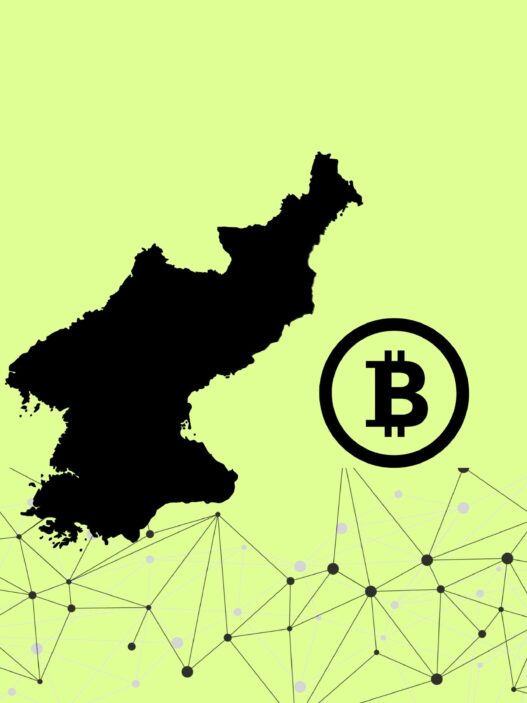Pavel Durov, the billionaire founder of Telegram, has recently departed France for Dubai after receiving permission from a French court. His exit marks a significant turn in an ongoing legal battle over allegations that Telegram failed to prevent criminal activities on its platform. While Durov maintains that the accusations are baseless, the case has sparked global debates about tech regulation, free speech, and platform responsibility.
Why Was Pavel Durov in France?
Durov, who holds Russian, French, and Emirati citizenships, was arrested in August 2024 at Le Bourget Airport near Paris upon arriving from Azerbaijan. French authorities detained him over accusations that Telegram was used to disseminate child sexual abuse material, facilitate drug trafficking, and promote hacking tools. Prosecutors argued that Telegram’s privacy policies allowed criminals to exploit the platform, leading to preliminary charges against Durov for complicity in illegal activities.
Following his arrest, Durov was released on €5 million bail and placed under strict judicial oversight, including a travel ban and mandatory police check-ins twice a week. Since then, the case has been a focal point in global discussions on tech accountability.
Court-Approved Departure: Durov Heads to Dubai
On March 15, 2025, a French court temporarily lifted Durov’s travel restrictions, allowing him to leave for Dubai while investigations continue. The decision came after months of legal negotiations between Durov’s legal team and French authorities. Reports indicate that he will be permitted to stay in Dubai for several weeks but may be required to return for further legal proceedings (Arabian Post).
Upon arriving in Dubai, Durov posted on his Telegram channel, stating:
“The process is ongoing, but it feels great to be home. I want to thank the investigative judges for letting this happen, as well as my lawyers and team for their relentless efforts in demonstrating that, when it comes to moderation, cooperation, and fighting crime, for years Telegram not only met but exceeded its legal obligations.”
Impact on Telegram and Toncoin
Durov’s departure has had direct financial consequences for Telegram’s associated cryptocurrency, Toncoin, which surged by nearly 20% following the news. Investors see his move to Dubai as a strategic advantage, given the UAE’s business-friendly regulatory environment, particularly for blockchain and cryptocurrency projects.
This isn’t the first time Durov has strategically relocated. He previously moved Telegram’s operations to Dubai in 2017 after facing regulatory hurdles in Russia and Europe. His latest return to the UAE is expected to bolster Telegram’s development, especially in blockchain-related initiatives.
Political and Geopolitical Ramifications
The case has also taken on geopolitical dimensions. Russian officials have criticized France’s legal actions, calling them politically motivated. Meanwhile, prominent figures like Elon Musk and Justin Sun have voiced their support for Durov, with Sun even pledging $1 million to create a legal defense fund for him.
The #FreePavel hashtag has gained traction across social media, particularly in tech and crypto circles, reflecting concerns over government overreach into digital privacy and encrypted communication platforms.
What Next?
Durov’s legal battle is far from over. While his temporary departure signals progress in negotiations, he remains under investigation, and French prosecutors could still pursue formal charges. If convicted, Durov could face significant legal consequences, further impacting Telegram’s reputation and business operations.
As governments worldwide continue tightening regulations on tech platforms, Durov’s case could set a precedent for future legal battles between encrypted messaging apps and regulators.
Pavel Durov’s court-approved departure to Dubai underscores the complexity of modern tech regulation. While supporters argue that the French case against him is unjustified, authorities insist that platforms like Telegram must be held accountable for illegal content. The outcome of this legal battle could reshape the future of encrypted messaging, privacy rights, and tech accountability on a global scale.
For now, all eyes remain on Dubai and France, waiting to see what’s next for Telegram and its controversial yet visionary founder.






















